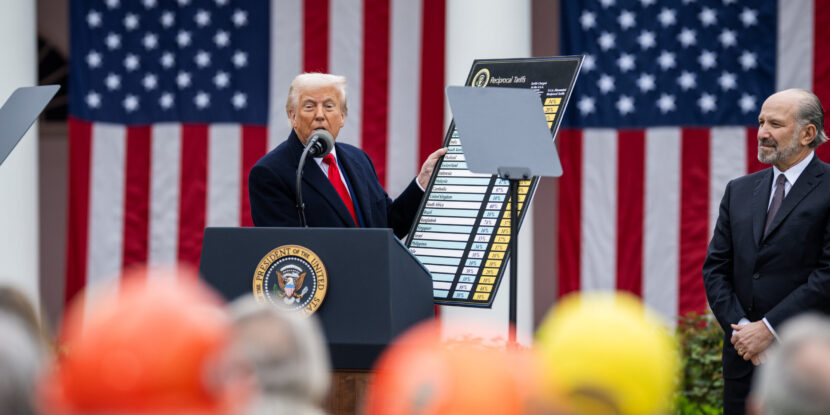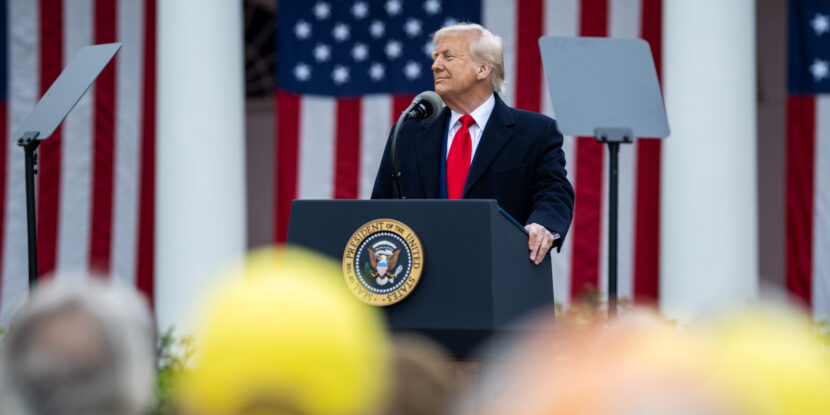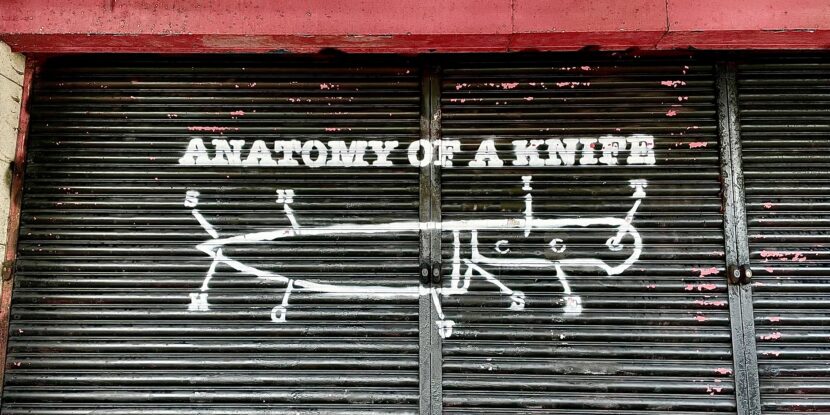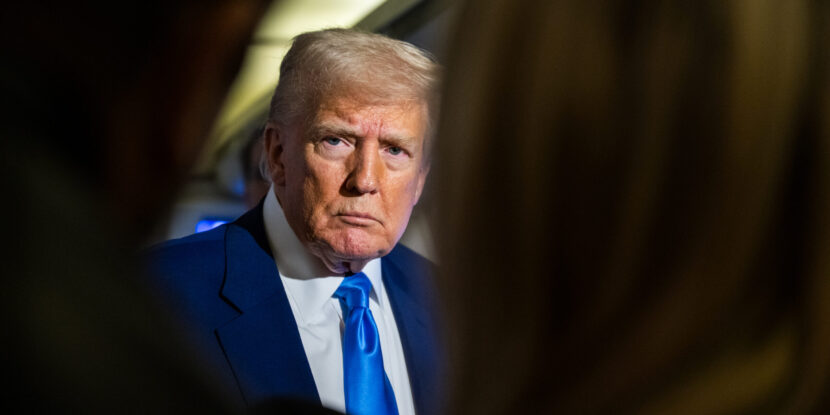PULSE POINTS:





IN FULL:
The Chinese Communist Party (CCP) is re-evaluating its tariffs on American goods, with plans to possibly exempt certain critical imports. Concerns over supply chain interruptions caused by the increasing trade barriers between China and the U.S. appear to be the impetus for the CCP’s tariff walkback. Michael Hart, president of the American Chamber of Commerce in China, revealed the move during a speech at an event in Beijing on Friday, suggesting that the Chinese commerce ministry was communicating with the country’s manufacturers to determine what U.S. imports are indispensable and at risk from the tariff barriers.
“There are some companies who have said that if a long-term tariff war continued, their business model would not work in China and we would see them exit,” Hart said on Friday, adding: “We shared that with the Chinese government because they are of course trying to foster foreign direct investment.”
Earlier this month, Beijing announced it would cease accepting delivery of American-made Boeing airplanes and parts. While the move was ostensibly directed at harming the U.S.-based aerospace giant and American manufacturing, the move—backed by Chinese President Xi Jinping—will likely cause significant disruption to China’s domestic aviation industry and increase safety concerns as airlines are forced to turn to refurbished and aftermarket parts.
Among the critical sectors in China that could see tariff relief or outright exemptions are lifesaving pharmaceuticals and healthcare equipment. The Chinese healthcare system is already experiencing strain under the country’s 1.4 billion people, and a lack of access to critical medical devices and drugs could exacerbate problems.
The strategic reassessment arises in the context of heightened trade tensions, marked by the U.S.’s recent tariff increase on over half of China’s exports to the U.S., now at 145 percent. This ongoing trade spat presents substantial challenges to China’s surplus-style economy that crucially depends on export performance.
show less















